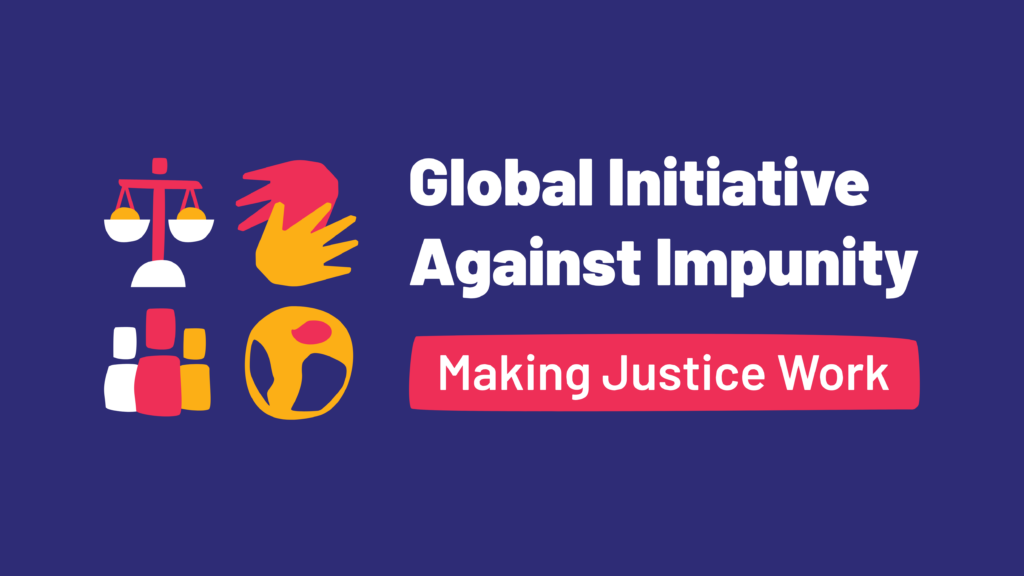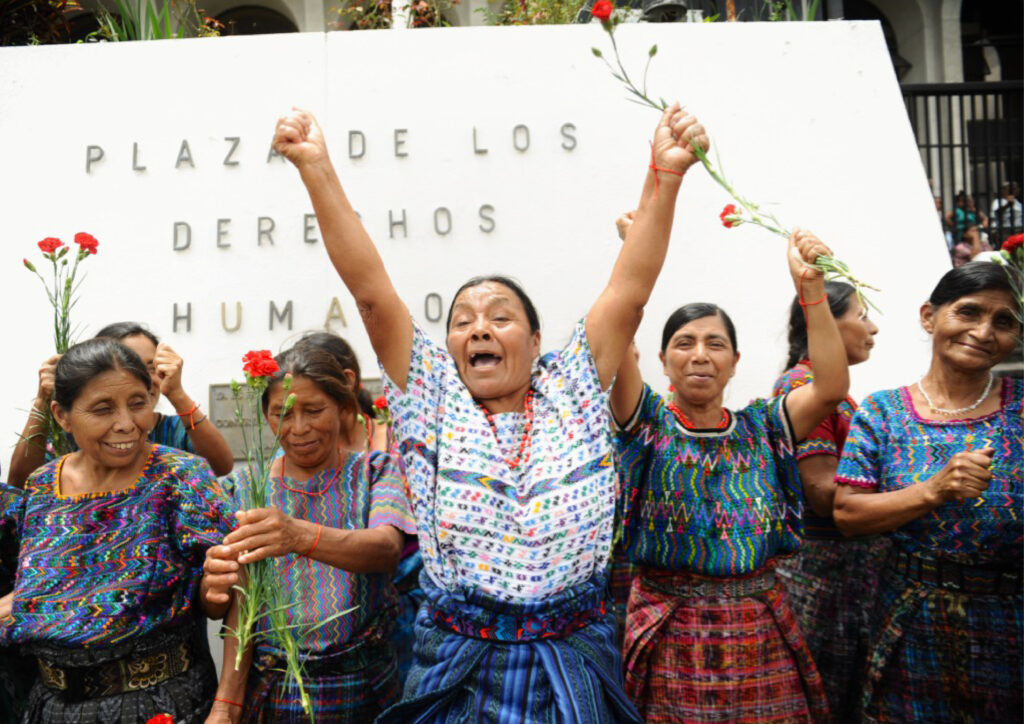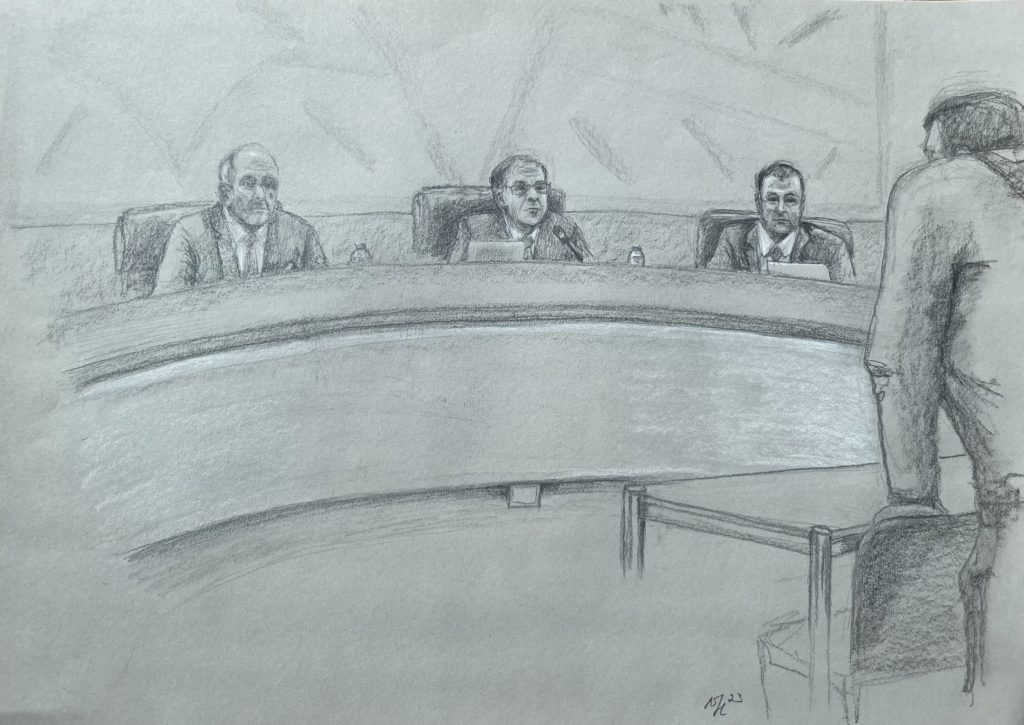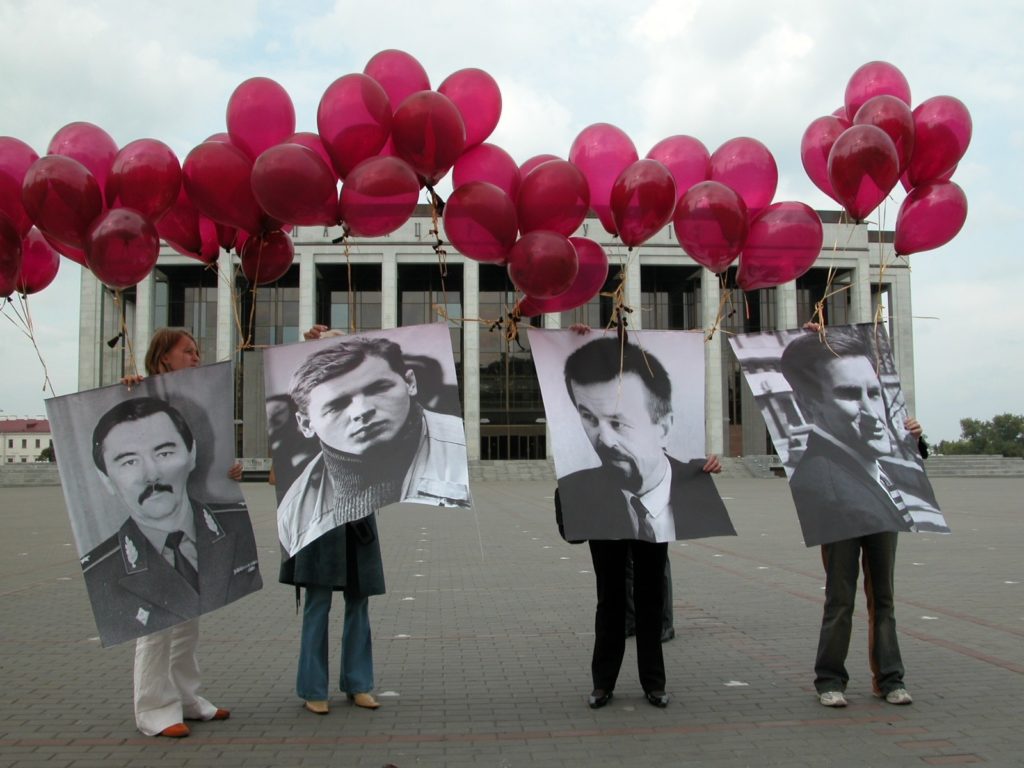Enforced Disappearance in Nepal: UN decisions remain in limbo
The decisions of the United Nations Human Rights Committee (HRC) on the conflict-era enforced disappearance cases have gone unimplemented. To date, the HRC has decided ten individual cases against Nepal and eight cases were related with enforced disappearance.
Read the complete news release & media kit
In five cases decided by the HRC, the victims’ fate and whereabouts is still unknown and unaccounted for. Likewise, in three cases linked with torture, the HRC has acknowledged the fact that these victims were illegally detained, tortured and were subjected to enforced disappearance.
In its decisions, the UN holds the Nepalese government responsible for the enforced disappearance and torture of thosevictims. Furthermore, the HRC acknowledges that the relatives of the disappeared are also victims of human rights violations themselves, due to the deep anguish and distress owing to the disappearance of their loved ones. It further urges the authorities to carry out a thorough investigation into the cases, prosecute the culprits and grant appropriate reparations to their relatives.
Out of the cases viewed by the HRC so far, four were filed on behalf of the victims by TRIAL (Track Impunity Always), a Geneva-based NGO, and four by Advocacy Forum-Nepal. Among the cases decided are on the enforced disappearances of Surya Prasad Sharma, Yubraj Giri, Dev Bahadur Maharjan, Mukunda Sedhai, Tej Bahadur Bhandari, GyanendraTripathi, Jit Man Basnet, and Chakra Bahadur Katwal. Each of them was forcibly arrested, tortured and disappeared by state security forces during the 1996-2006 conflict in Nepal. Among them, the fate and whereabouts of Surya Prasad Sharma, Mukunda Sedhai, Tej Bahadur Bhandari, Gyanendra Tripathi and Chakra Bahadur Katwal is still unknown and unaccounted for. Yubraj Giri, Dev Bahadur Maharjan and Jitman Basnet were illegally detained, tortured and were subjected to enforced disappearance and later, they were released from the detention.
The case of Surya Prasad Sharma was the first decided against Nepal in October 2008. Likewise, the cases of Yubraj Giri, Dev Bahadur Maharjan, Mukunda Sedhai were decided in March 2011, July 2012, and July 2013 respectively. The cases of Bhandari, Tripathi and Basnet were decided in November 2014 and Katwal’s case was decided in April 2015.
In particular, the UN HRC urged the government of Nepal to:
- investigate into the facts and inform the families about the results of such investigation;
- prosecute, try and punish the perpetrators;
- provide effective reparation to the victims’ relatives, including economic compensation and measures of satisfaction such as a public apology;
- provide psychological rehabilitation and medical care to some of the victims’ relatives;
- translate the decisions into Nepali and to widely publicize them;
- adopt measures to ensure that similar violations do not occur in the future (for instance, by criminalizing enforced disappearance).
The decisions, rendered by one of the most prominent international human rights bodies, send a message of hope to the families of all victims of enforced disappearances and torture in the country.
However, despite the victims’ efforts to bring the UN decisions to reality, the government has not done anything beyond providing some monetary compensation in one or two cases. This brings to light the utter government apathy towards the victims and their families. In reality, there is no effective procedure in place to implement the HRC’s views.
The perpetual violence of the social, economic and cultural costs of the disappearance of a family member still lives among scores of Nepalese people. The disappearance of a relative has created a deep vacuum in these families. For instance, the wives of the disappeared are called ‘half-widows’ and face countless obstacles to carry on with their lives.
In commemoration of the International Day of the Disappeared, TRIAL and Advocacy Forum-Nepal would once again like to urgeto the government of Nepal to immediately take necessary measures to put the UN Views to implementation and leave no stone unturned to that front.
“If Nepal wants to be perceived as a country governed by the rule of law, it must swiftly implement these decisions. A democratic State cannot longer remain mute over sorrows of its citizens marred by impunity”, says Philip Grant, Director of TRIAL.
Dr. Trilochan Upreti, Director of Advocacy Forum-Nepal says, “The State has made commitments at both the national and international levels to provide justice to victims. When it fails to do so at the national level, bodies at the international level have jurisdiction to consider the case and find Nepal responsible for breaching its obligations. It is in the State’s own interest to implement the decision of the HRC and provide justice at the domestic level.A failure to do so will only lead to further criticisms.”
In reference to the recently formed Commission for Inquiry of Enforced Disappearances (CIED), TRIAL and Advocacy Forum-Nepal welcome the added scope of scrutiny against widespread impunity in Nepal. However, it has to be noted that this transitional justice mechanism have a truth-seeking mandate, and therefore cannot replace a court of law. Moreover, the measures of reparation requested by the HRC are wider than the mandate of the CIED. For this reason, their implementation cannot be left alone to the CIED. TRIAL and Advocacy Forum-Nepal request the government of Nepal to implement the decisions of the HRC promptly and effectively.











